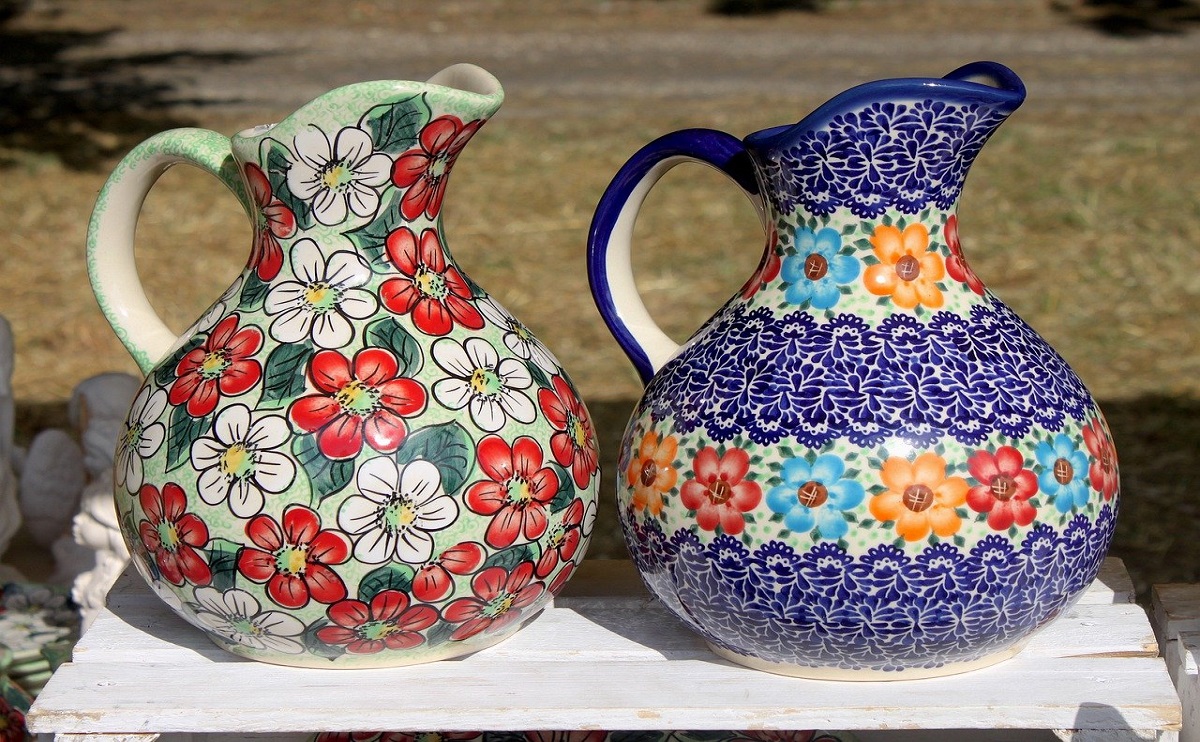
Blog
5 Reasons to Invest in Ceramic Ware

In recent years, the demand for safe, non-toxic cookware has increased. Manufacturers have introduced a variety of ceramic serve ware that offers more benefits than metal or glass pots, pans and casseroles. If you’ve been looking for a way to create healthy meals while streamlining your serving process, investing in ceramic serve ware may be the answer you’ve been searching for. This blog outlines some of the many benefits of ceramic serve ware and why you should invest in it now. Today, the range of ceramic ware is endless from Casseroles, Kettles, Cups, Mugs, Platters, Trays, Serving Dishes, Planters, Toys, Bowls, Jars, and more. They come in beautiful colours and attractive designs.
1. Ceramic is Non-Toxic
The most important benefit of ceramic serve ware is that the materials used to create it are non-toxic. Ceramic is often made from non-porous materials like glass or aluminium oxide ceramic that are completely safe for food preparation, unlike non-stick ware. Ceramic ware is a great choice for families with small children or those who have compromised immune systems. It’s also a great option for those who are looking for a healthy alternative for those with food allergies. While non-stick ware is also non-toxic, recent studies have shown that the chemicals used to create the non-stick surface of non-stick pots, pans and casseroles can leach into food and may cause harm over time. Ceramic ware is a safe alternative.
- Ceramic Ware is Durable
Another benefit of ceramic ware is that it is extremely durable. Ceramic pots and pans can last a lifetime if they are cared for properly. Ceramic pots are created by superheating fine minerals 1200 up to 3600 degrees. Once the minerals cool, they bond to form a solid piece. The baking process creates a cookware and serveware that is dense, strong and scratch resistant. Ceramic pots and pans are non-porous, which means that they are resistant to corrosion, discoloration, rust and most stains. For ceramic ware to last, it is important to use wooden or silicone utensils and hand wash the pots and pans after every use. Avoid using abrasive scrubbing pads or scouring agents to clean your ceramic cookware as they can scratch and damage the surface.
- Ceramic Ware Doesn’t Discolour Food
Ceramic ware is non-reactive which means it doesn’t cause the discoloration of food. If you’ve ever prepared or kept a meal in cast iron and noticed a grey or dark brown tint on the finished product, it is because the iron in the cookware has bonded with the food. Ceramic pots and pans do not react with foods or liquids, making them great for cooking acidic foods like tomatoes and citrus fruits. If you regularly prepare foods that are high in acid or you like to make tomato sauce in the slow cooker, using non-reactive cook & serve ware is a smart way to prevent stains and discoloration. In addition to preventing the discoloration of food, ceramic cookware can also be used to slow the cooking process down. If you’d like to make a thicker sauce or stew, ceramic pots and pans can help you do so. Ceramic ware is a great container to cook, serve or store, depending on the purpose it is created for.
- Ceramic Ware is Heavy Duty
Ceramic pots and pans are built to last. Ceramic ware is comprised of dense materials and handcrafted pieces. They are heavy, which can be both a pro and a con. Because they are thick and heavy, they are designed to retain heat and stay hot for longer periods of time. Ceramic cook pots are best for long, low-heat cooking such as simmering. They don’t conduct heat as quickly as metals, meaning that you need to keep your burner temperature a bit lower. If you need to get food off the stove quickly, ceramic pots and pans may not be the best choice but definitely the best choice for store and serve purposes.
- Ceramic Ware is Easy to Clean
Unlike non-stick cookware, ceramic pots and pans can be washed in the dishwasher without fear of damage. Ceramic cookware can be placed in the dishwasher without risk of discoloration or damage. Ceramic cookware can also be washed by hand if your dishwasher isn’t large enough to accommodate the pieces. Ceramic pots and pans are not porous, so they don’t retain food or flavours. You can use them to prepare acidic foods like tomato sauce and clean them without fear of leftover food colour or flavour sticking to the surface. Ceramic cookware is also oven safe, meaning that you can bake your food in the pots or pans. If you don’t have the right type of baking dish or casserole, you can use the ceramic cookware.
- Conclusion
Ceramic cookware, serve ware or store ware is a great choice for healthy, non-stick option. The benefits of ceramic cookware include non-toxicity, durability, non-discoloration, heavy duty, low-heat cooking, and ease of cleaning. Ceramic is a great investment for busy families and individuals who want to promote a healthy lifestyle.
